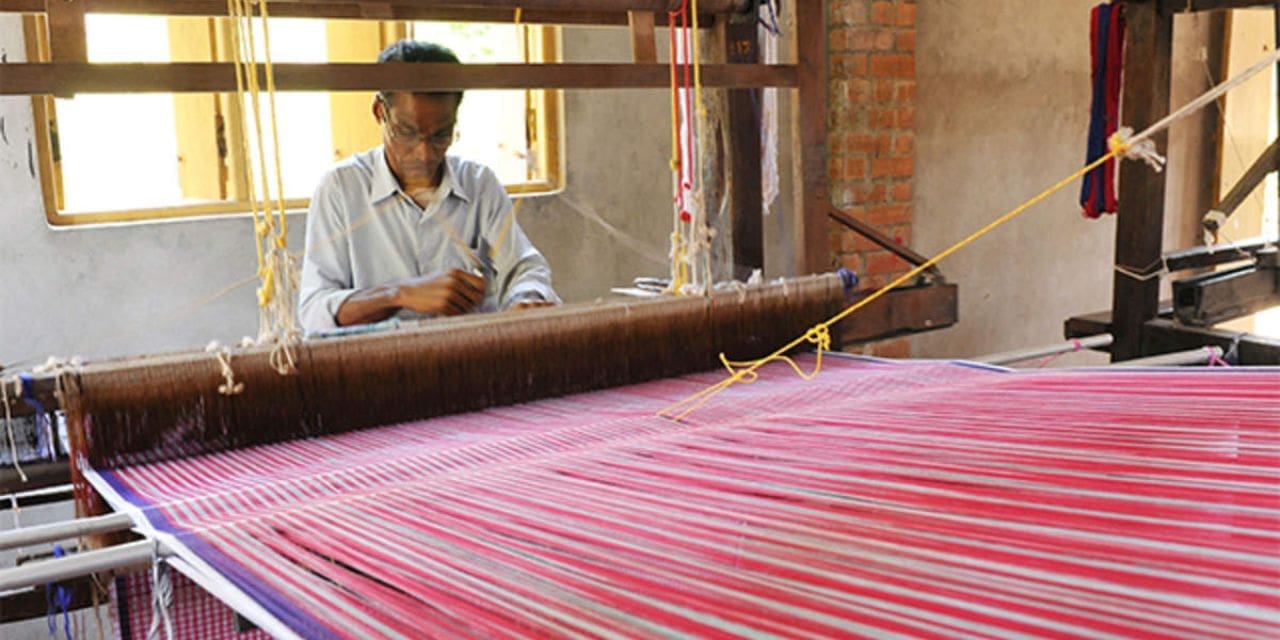T Rajkumar, the head of the Confederation of Indian Textile Industry (CITI), and Ravi Sam, the head of the Southern India Mills’ Association (SIMA), both expressed concern about the situation at a recent press conference in Coimbatore, saying that recent events are unfortunate and would be dangerous for the state of Tamil Nadu, which has developed industrially. The effectiveness of the sector will be impacted. They emphasised that if this problem isn’t resolved at the outset, it will hinder the state’s industrial growth at a time when the government of Tamil Nadu, in particular, is working hard to attract sizable investments.
Both industry organisations have made it clear that there is no pay discrimination between local and migrant workers and that everyone is treated equally.by the sector. In actuality, the sector meets the requirements of migrant workers by offering food and lodging in hostels.
According to CITI and SIMA, Tamil Nadu produces 45% of the nation’s yarn, and the textile sector is the second largest employer in Tamil Nadu after agriculture in terms of the number of men and women employed there. Regarding the availability of skilled labour and the maintenance of amicable labour relations, Tamil Nadu is regarded as being the leading state in India. Due to the state’s industrial sector’s rapid expansion, migrant labourers from Bihar, Odisha, Chattisgarh, Uttarkhand, Assam, and West Bengal were brought in to help with the labour shortage. etc., are putting up applications to work in Tamil Nadu, where this type of employment has been common for more than ten years. Migrant workers are frequently employed in other industrial and service sectors as well, not just the textile industry.
According to Purusottam Parmanandka of the trading firm Kesharinandan Knit Fabrics in Tiruppur, “Although industry organisations and government officials are making efforts to allay the fear among north Indians, approximately 15-20% production may be hit after Holi as the migrant workers may stay longer at home. If they are able to find employment locally, some workers might decide not to return. He claimed that things are generally quiet in industrial settings. Slower demand in the apparel sector will offset any potential labour shortages in Tamil Nadu.
According to K Hari Prakash of a textile company in Tiruppur, “In general, industrial activity are typical in the area. Every year, workers travel home for Holi and stay there for 15 to 30 days. The majority of industrial facilities have previously planned their production activities taking availability into account. Following these reports, many employees went home to celebrate the festival. Although there may be a labour shortage, a possible production loss could be lessened by slower domestic and international market demand. Due to a lack of orders, many units are already restricting production to three to four days per week in a single shift.

